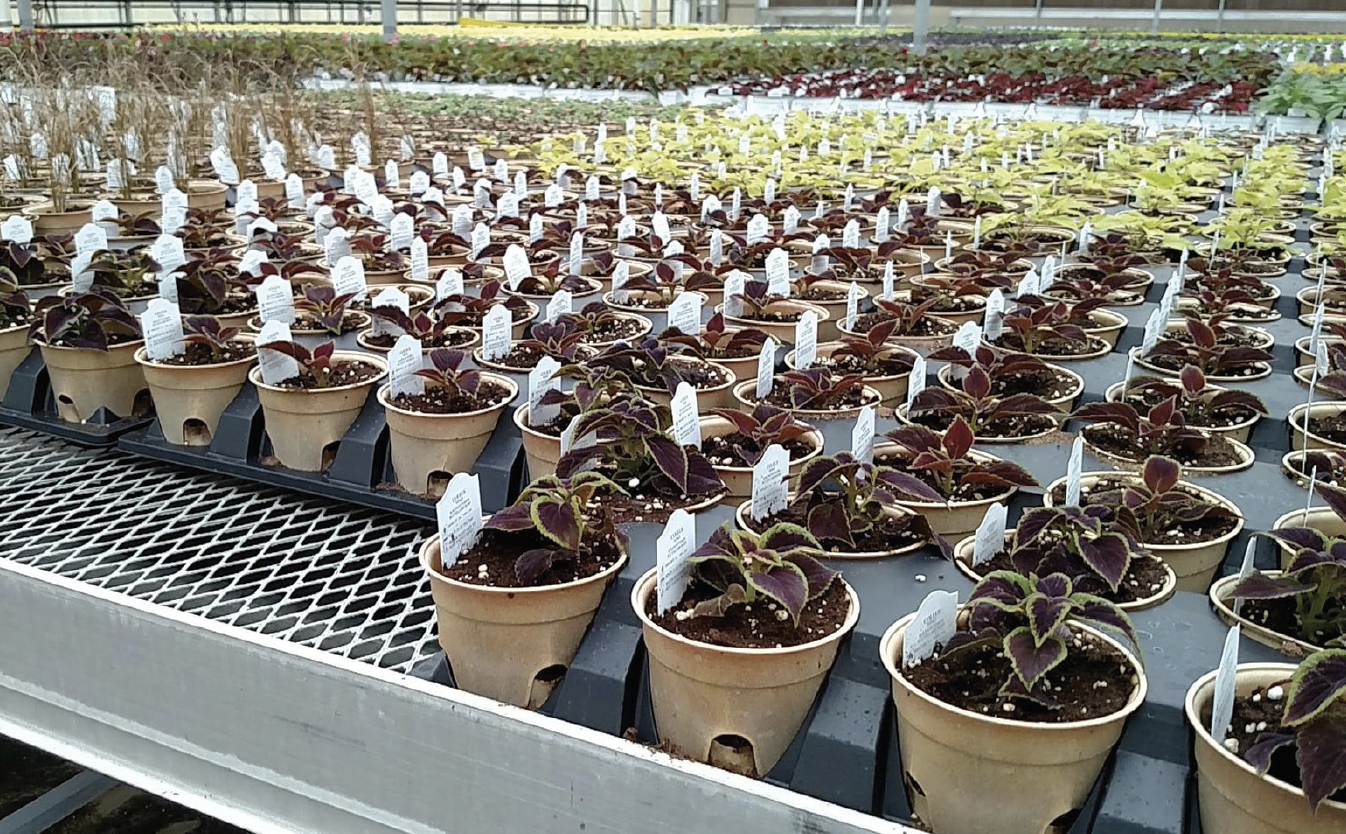Recent Checkoff Study Shows Rodents Don’t Favor Soy-Based Plastics
Lightning never strikes the same place twice. Gum takes seven years to digest. Toads give you warts. Rodents like to munch on soy-based plastics.
Chances are, you’ve probably heard stories of rodents chewing through car wiring or foam seats because the soy-based material is tasty — at least compared to its petroleum-based counterparts. A recent study funded by the United Soybean Board, though, has shown that, contrary to popular belief, rodents don’t favor soy plastics.
Researchers conducted the study to determine if including soybean oil or its derivatives in any one of several types of rubbers and plastics — natural rubber, styrene-butadiene rubber, ethylene-propylene-diene monomer, or flexible polyvinyl chloride (PVC) plaque samples — affects the extent of gnawing damage by mice. The components they tested included epoxidized soybean oil, degummed soybean oil, high oleic soybean oil, and styrenated soybean oil.
Twelve types of rubbers and plastics were exposed to 10 mice for 14 days. At eight and 15 days, researchers assessed the plaques for gnawing damage both subjectively and by weight loss. They noted extensive gnawing only on plaques made of PVC: standard PVC and PVC with 10 parts per 100 epoxidized soybean oil. The gnawing damage difference between the two was not statistically significant.

2b: Standard PVC plastic after mouse exposure.
2c: PVC plastic with soybean oil before mouse exposure.
2d: PVC plastic with soybean oil after mouse exposure.
Reports from the other 10 treatments all showed negligible gnawing, and the inclusion of soybean oil or its derivatives in the common elastomers tested did not affect the extent of rodent gnawing.
Soy plastic is used in a variety of products, from tractor seats to flooring to vehicle wiring. Soybean oil supplies a cost-effective secondary heat stabilizer and co-plasticizer in flexible PVC applications and provides a sustainable alternative to petroleum without sacrificing performance.
Read the full study here.



